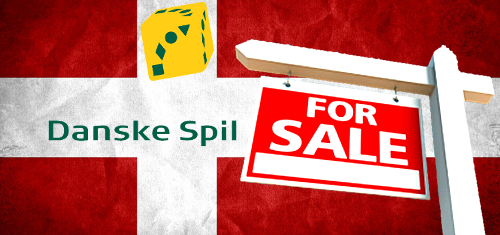 Denmark’s government plans to sell off the state-owned Danske Spil betting operation but opposition politicians are accusing the government of killing the goose that lays the golden eggs.
Denmark’s government plans to sell off the state-owned Danske Spil betting operation but opposition politicians are accusing the government of killing the goose that lays the golden eggs.
Last week, the Danish government revealed that it was mulling a sale of Danske Spil’s online gambling operations, including its online betting, poker and casino business, while keeping its lottery business under state control.
Brian Mikkelsen, deputy chairman of the Conservative parliamentary group, told Danish business media outlet Borsen that selling Danske Spil’s betting business would be as easy as snapping one’s fingers. Mikkelsen suggested a sale could be finalized within one year of the business being officially put on the block.
Some observers have estimated that the state could realize up to DKK 3b-4b (US $460m-613m) via the sale, a not insignificant sum for any government looking to plug budget gaps.
But opposition politicians have criticized the proposal to sell out, noting that whatever short-term gains the government realizes will pale in comparison to the steady stream of annual income the state would be giving up. Danske Spil generated a profit of DKK 743m for the state in 2015.
Critics have also suggested that putting the country’s leading betting operator into private hands could lead to a change in ethos at Danske Spil, including the imposing of betting limits on sharp bettors.
Danske Spil held a complete monopoly on all things gambling in Denmark until the country opened up its market to international online operators in 2012. While not entirely successful in convincing Danish punters to patronize state-licensed sites, the liberalization has been held up as a model for other markets looking to transition from a state-run monopoly to a more open system.
Case in point: Sweden is preparing a new gambling framework that is expected to call for the privatization of its Svenska Spel gambling monopoly and a transition to a more open online gambling marketplace.
